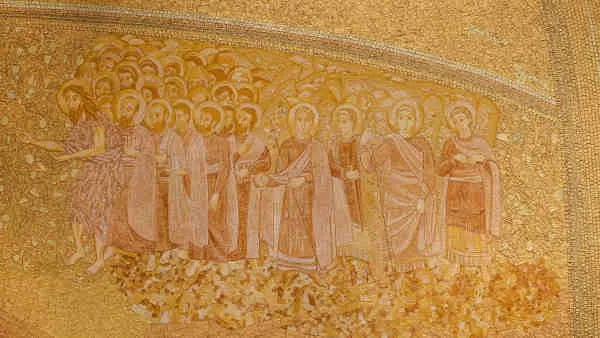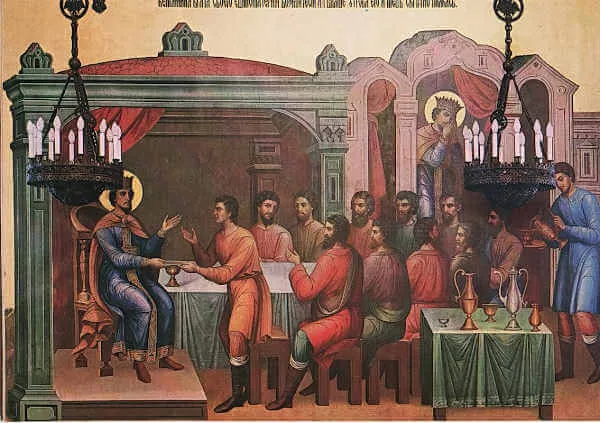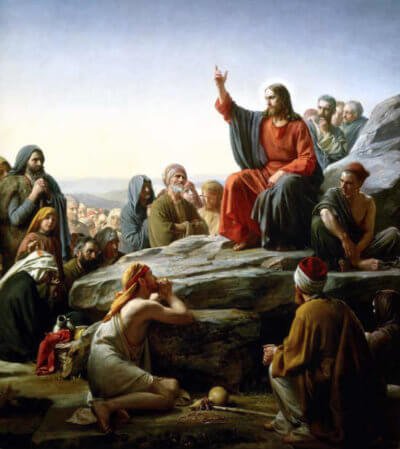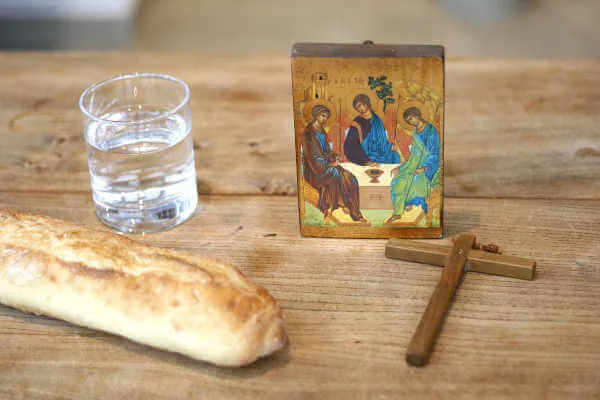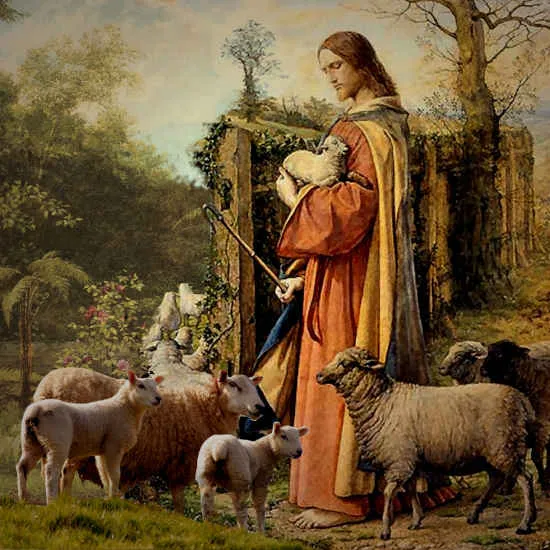Our Final Destiny
“Then the righteous will shine like the sun in the Kingdom of their Father. Whoever has ears ought to hear.”
Reflection:
This passage concludes Jesus’ explanation of the Parable of the Weeds in the Field. Recall that in this parable there were good seeds sown in a field. The Sower is the Son of Man, Jesus, and the seed He sows are the children of the Kingdom, which includes all those who are in a state of grace. The field is the whole world. Thus, Jesus is saying that He has sent His followers, each one of us, into the world to build His Kingdom. But the evil one also sows his “children,” which refers to all of those who live evil lives that are contrary to the will of God. The passage above refers to the reward that the children of the Kingdom receive, whereas the passage just prior to this points out that at the end of the age, the children of the evil one will be condemned and sent “into the fiery furnace, where there will be wailing and grinding of teeth.”
The end result of being the children of the Kingdom is quite hopeful. “Then the righteous will shine like the sun in the Kingdom of their Father.” This promise from our Lord should be pondered, believed and become the driving force of our hope in life.
Hope is an essential virtue that we often do not speak of enough. The gift of hope is not simply wishful thinking, such as when one hopes they win the lotto. The theological virtue of hope is a gift from God that is based on truth. The truth that it is based on is the promise of eternal life in Heaven if we accept all that God speaks to us and if we fulfill His glorious will in our lives.
By analogy, say that you have a large mortgage on your home. And say that the bank was doing a promotion in which they were going to pay off the mortgage for one lucky family. And that family was yours. They contacted you and let you know that all you need to do is fill out an application for this grant and that it would then be given to you. What would you do? Of course you would go and fill out the application. The bank is trustworthy, and you are confident that if you do what they ask, a small task of filling out the application, then they will follow through with the promise they made of paying off your mortgage. In a sense, there is hope established within you once you learn of this offer; and that hope, which is based on a true promise, is what drives you to do the small task of filling out the application.
So it is with God. The “mortgage” that He promises to pay is the debt of all our sin. And the requirement to receive this promise is fidelity to all He commands of us for our good. The problem is that we often do not fully understand the reward we are promised. That is: to “shine like the sun” in the Kingdom of our Father in Heaven. Having your mortgage paid off by the bank is something concrete and clear and very desirable. But the reward of shining like the sun in the Kingdom is of infinitely greater value. Do you believe that?
The best way to strengthen the virtue of theological hope in our lives is to become more and more certain of the truthful promise of our Lord. We need to understand Heaven and the infinite value we receive by obtaining it. If we truly understood what Jesus was promising us, we would become so intensely driven to do all that He commands us to do that this would become the single focus of our life. The hope would become a strength so strong that we would become consumed with doing anything and everything necessary to obtain such a reward.
Reflect, today, upon the depth of hope you have in your life. How driven are you by the promises made by our Lord? How clearly do you understand those promises? If you struggle with hope, then spend more time on the end reward that is promised to you by Jesus. Believe what He says and make that end goal the central focus of your life.
Source: https://catholic-daily-reflections.com/2024/07/29/our-final-destiny-3/

